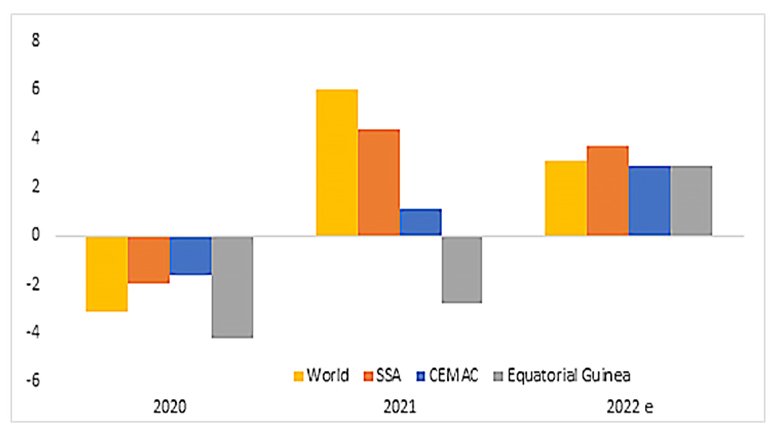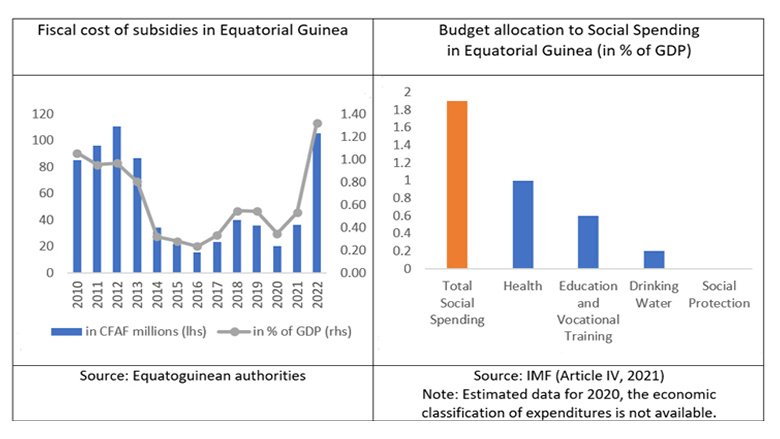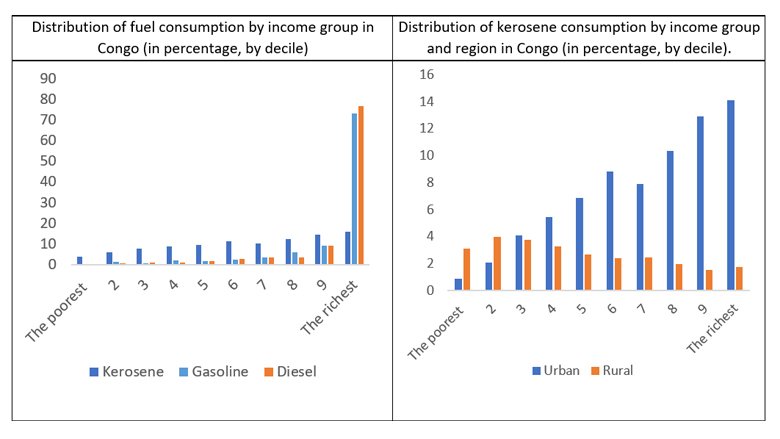Following the positive economic growth observed in 2022, Equatorial Guinea is projected to re-enter recession this year with an average real GDP growth of about -4% over the period 2023 to 2025.
While the country registered a fiscal and current account surplus in 2022 amid the recovery of the hydrocarbon sector, the projected gradual decrease in oil production and lower commodity prices are expected to deteriorate both the fiscal and external balances over the medium term. The medium-term outlook is subject to downside risks, including lower-than-expected oil production and prices, increases in international food prices, and a further tightening of global financial conditions.
The secular decline in hydrocarbon production stresses the need for Equatorial Guinea to prioritize policies that promote economic diversification. While the government has taken positive steps in some areas, significant progress in adopting and fully implementing key reforms with a focus on supporting social cohesion and human development, strengthening governance, boosting trade integration, and creating an enabling business environment is needed to promote economic diversification and inclusive growth.
Real GDP growth (in %), 2020-2022
Reforming Fossil Fuel Subsidies
Despite an increase in regulated fuel prices by the government in 2022, the sharp increase in international oil prices led to an increase in the fiscal cost of subsidies, estimated at 1.3% of GDP in 2022, up from 0.5% of GDP in 2021. The weight of fossil fuel subsidies in the budget remains relatively high in comparison with public expenditure on education, health, and water sectors, which combined are estimated at 1.9% of GDP.
The fiscal and social opportunity costs of subsidies are high. While sufficient data are unavailable to determine the regressive or progressive nature of fuel subsidies in Equatorial Guinea, distributional analysis for other CEMAC countries such as in the Republic of Congo finds that fuel subsidies favor the richest segments of the population and urban areas.
These findings highlight the importance to consider more effective and better-targeted alternatives to support the most vulnerable. The fiscal resources freed up by the removal of subsidies would help address Equatorial Guinea’s development challenges, including by investing in its people, their health, skills, and resilience to shocks, as well as other economic diversification and growth strategies.
Based on the experiences of countries that have successfully implemented fuel price adjustments to tackle the fiscal cost of fuel subsidies, the report highlights good practices and possible accompanying measures for a fuel subsidy reform. These include:
- Prioritizing reforms of fuels that benefit the richest segments of the population and that represent the highest fiscal cost.
- Adopting a temporary price-smoothing mechanism that strikes a balance between excessive price volatility and fiscal risks.
- Adopting a phased reform approach to allow households and firms to adapt and mitigation measures to be rolled out.
- Engaging in comprehensive stakeholder consultations and conducting targeted communication campaigns to address the concerns of different population groups.
- Adopting targeted measures to mitigate the impact on the most vulnerable and on key sectors for the economy by reinforcing social safety nets, increasing transparency of public financial management, supporting strategically affected sectors such as transport, and increasing productive structural public investments and targeted social spending.



